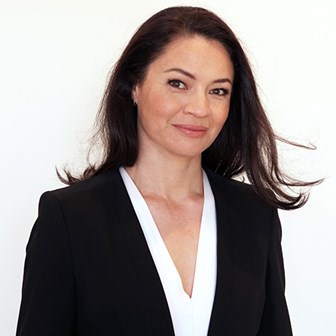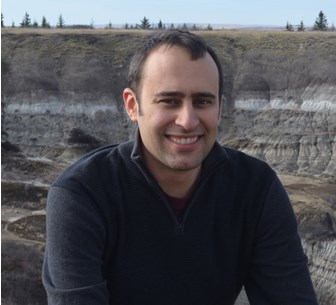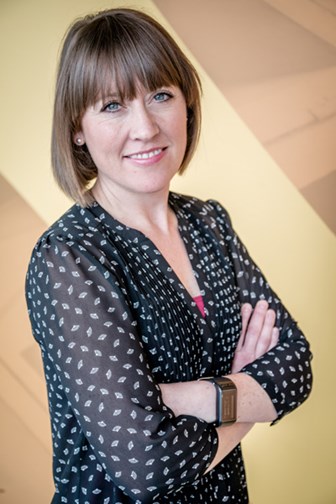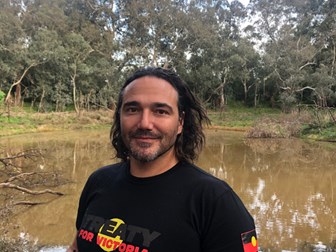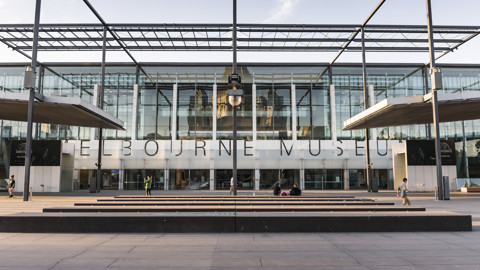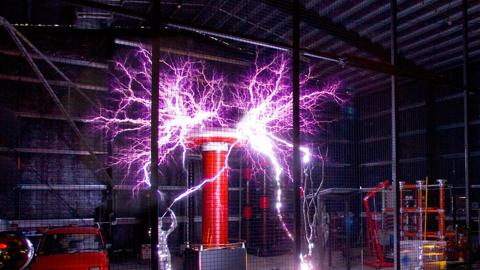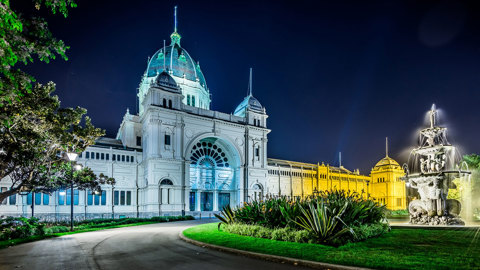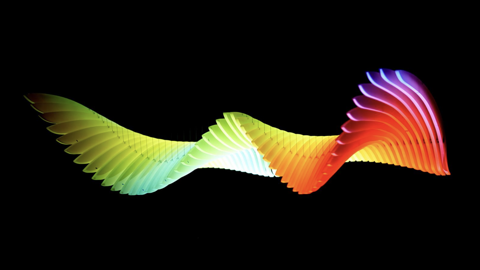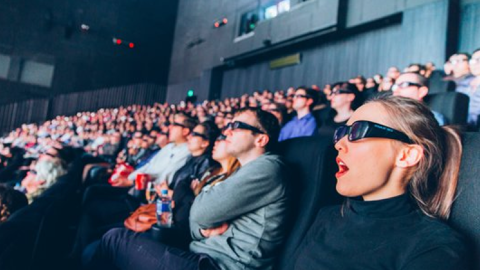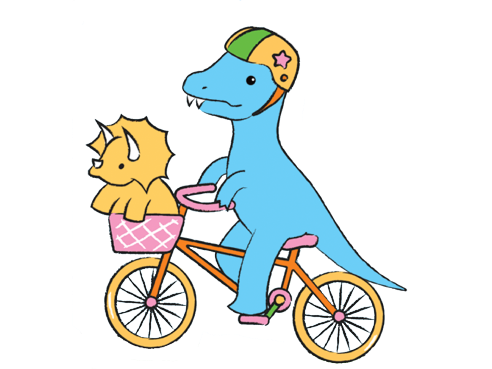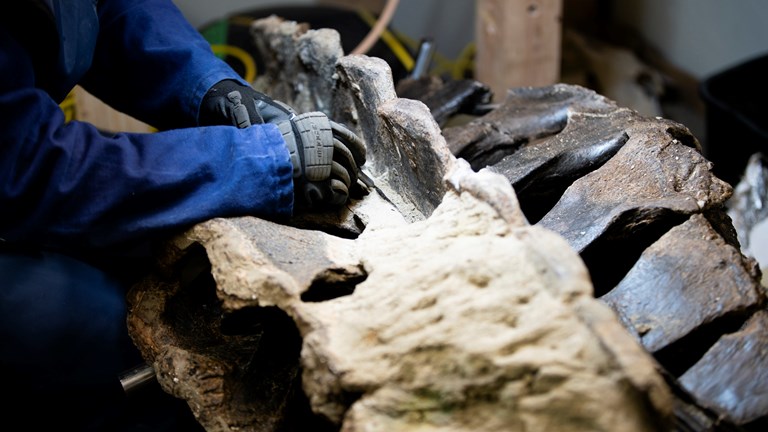
Unlocking the deep past
With growing uncertainty around the future of our planet, the protection of our environment and the long-term survival of our species, what can we learn from the deep past?
Dinosaurs were an astonishingly resilient species, roaming the Earth for almost 165 million years, with more than 18,000 species of descendants around today. We can learn about how these creatures lived and adapted to their environment by studying their fossils. Beyond dinosaurs, we can also witness the interactions over millions of years between humans, animals, plants and the land through studying our geographical landscape.
Far from being simply a study of the past, this research and the discoveries uncovered provide crucial information about humanity’s present and future. How can we use this knowledge to transform our way of life, solve complex environmental challenges, and ensure a thriving future for our species?
Moderator
Tanya Ha
Director of Engagement, Science in Public and environmental author and advocate
Tanya Ha is an award-winning Australian science communicator and journalist, environmental advocate, and best-selling author. She is also a media commentator on science and environmental issues. She is currently Director of Engagement at Science in Public, and a board member of Diversity Council Australia and Westernport Water. She serves on the advisory boards of the ARC Centre of Excellence in Exciton Science, the Marine Energy Research Centre and the Leonardo Group of Science Gallery Melbourne. She is a past Vice President of Science & Technology Australia, and a past board member of Sustainability Victoria and Keep Australia Beautiful (National Association). Tanya is a familiar face from her past work as an on-air reporter for ABC TV’s Catalyst and was the ‘eco-coach’ in the landmark SBS show Eco House Challenge. Tanya’s books include Greeniology and Green Stuff for Kids. In 2010, she won a UN Association of Australia media award for environmental reporting.
Speakers
Professor Steve Brusatte
Palaeontologist, University of Edinburgh
Professor Steve Brusatte is a palaeontologist at the University of Edinburgh and is widely recognised as one of the leading palaeontologists of his generation. He has written over 150 peer-reviewed scientific papers during his 15 years of research in the field, named and described over a dozen new species of dinosaurs and mammals, and has led ground-breaking studies on how dinosaurs rose to dominance and went extinct and how mammals replaced them afterwards. His research interests are the evolutionary transition between dinosaurs and birds and the rise of the carnivorous dinosaurs like Tyrannosaurus and Velociraptor. His 2018 book, The Rise and Fall of the Dinosaurs was a New York Times and Sunday Times bestseller, and he is the science consultant for Jurassic World 3, the forthcoming film in the Jurassic Park franchise. In June 2022 he will publish a new book, The Rise and Reign of the Mammals.
Dr Susannah Maidment
Curator of Fossil Archosaurs, Natural History Museum
Susannah Maidment is a dinosaur researcher and curator of fossil archosaurs at the Natural History Museum (NHM) in London. Her work focuses on the palaeobiology of the bird hipped dinosaurs, bias in the fossil record, and the geological context of dinosaur evolution. Susannah has a PhD in vertebrate palaeontology from the University of Cambridge, and prior to working at the NHM, she was a Research Fellow at Imperial College and a postdoctoral researcher at the Natural History Museum. In addition to these roles, she also spent two years working in industry as an exploration geologist. Susannah appears regularly in the media talking about dinosaurs and has been a guest on BBC Radio 4’s The Life Scientific and The Infinity Monkey Cage. She was one of National Geographic UK’s Women of Impact in 2019. In 2016 she was awarded the Geological Society of London’s Lyell Fund and in 2017 the Palaeontological Association’s Hodson Award, both for notable contributions to palaeontology.
Associate Professor Michael-Shawn Fletcher
Director of Research Capability, Indigenous Knowledge Institute and Associate Dean (Indigenous), The University of Melbourne
Associate Professor Michael-Shawn Fletcher is a descendant of the Wiradjuri and a geographer interested in long-term human-environment interactions. Michael’s research group focusses on understanding how landscapes evolve through time using microfossils stored in sediments. Michael’s recent research has a particular emphasis on how Indigenous burning has shaped the Australian landscape and how Indigenous knowledge needs to be meaningfully incorporated into landscape management to tackle many of the environmental challenges we face today. He is Director of Research Capability at the Indigenous Knowledge Institute and the Associate Dean (Indigenous) in the Faculty of Science at the University of Melbourne.
